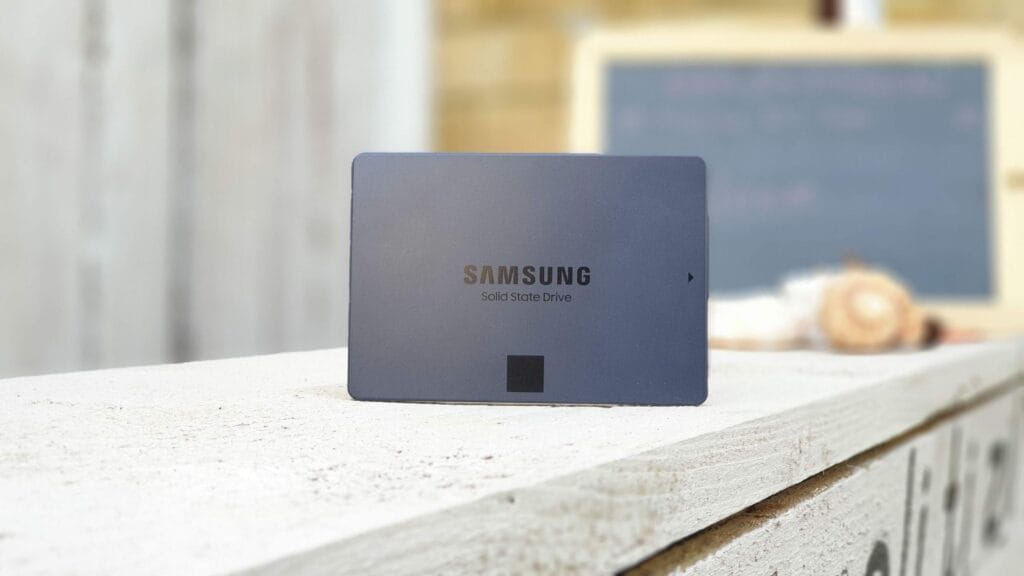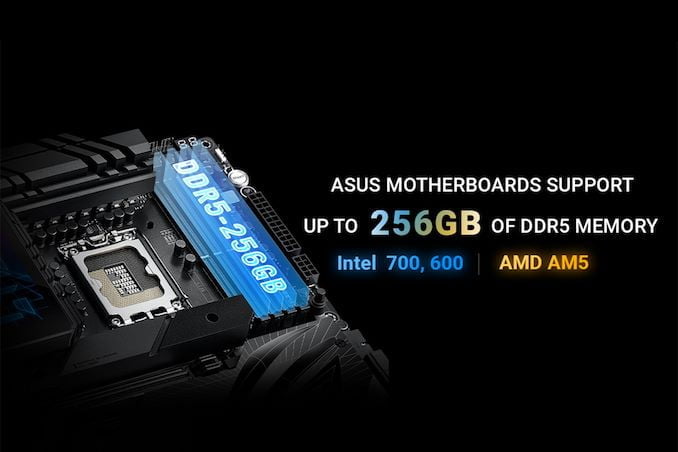Meta, the parent company of Facebook, WhatsApp and Instagram, has used its latest quartly earnings call to discuss how it is differentiating its Threads platform.
The company posted revenue of $34.1bn for the third quarter of 2023. “We had a good quarter for our community and business,” said Mark Zuckerberg, Meta founder and CEO. “I’m proud of the work our teams have done to advance AI and mixed reality with the launch of Quest 3, Ray-Ban Meta smart glasses, and our AI studio.”
Discussing how Meta differentiates Threads to Twitter, Meta’s CFO, Susan Li, said: “There are a couple value propositions that we are looking at for Threads. One is just the openness. We’re building a decentralised interoperable experience. It’s going to use the ActivityPub social networking protocol, and that means you can be followed by people who use our app or other apps like Mastodon. We hope that that’ll give creators and our community broader reach beyond just Threads.”
For Li, the second area of differentiation is the experience Meta has gained from its other apps, such as Instagram, to help it build what she described as “a productive and creative place to have conversations and to share your ideas”, adding: “We’re focused here on community guidelines, providing features to help users control their experience.”
When asked about Reality Lab, which has continued to lose money for the company, Li discussed how planning the year ahead for Reality Lab, which is focused on Meta’s metaverse strategy, has yet to be quantified: “It’s one of three major themes in the 2024 expense planning process and places where we would expect growth because those are really the most compelling investment opportunities we have.” Along with Reality Lab, Meta plans to boost AI skills and AI infrastructure investment.
Li said Meta has sold millions of Quest 2 headsets. Looking at the forthcoming Quest 3 device, she said: “We think that the Quest 3 is going to be a big improvement over the Quest 2. It’s going to be our first mass market headset with high-res colour, mixed reality. We think it’s going to establish mixed reality as the baseline for all headsets going forward and we hope it will also set the stage for AR [augmented reality] glasses eventually.”
“It’s going to have twice the GPU processing power. It’s going to be much more comfortable, it’ll be 40% slimmer in terms of its optics profile and we’ll have the whole Quest 2 library and more content experiences that are tailored for mixed reality that will be available on it,” she added.
Like other major internet business, Meta is focused on reducing datacentre server costs. Li said Meta has extended the useful lives of CPU-based servers over the past two years given the slowdown in performance gains.
“We anticipate our full-year 2024 capital expenditures will be in the range of $30-35bn, with growth driven by investments in servers, including both non-AI and AI hardware, and datacentres as we ramp up construction on sites with the new data centre architecture we announced late last year.”
Given the performance required for AI, she said: “We’re still seeing strong performance gains for a new GPU generation, so those will depreciate on a relatively shorter timeframe and we’ll just continue to evaluate how to most efficiently use the CPUs and GPUs across our fleet.”


